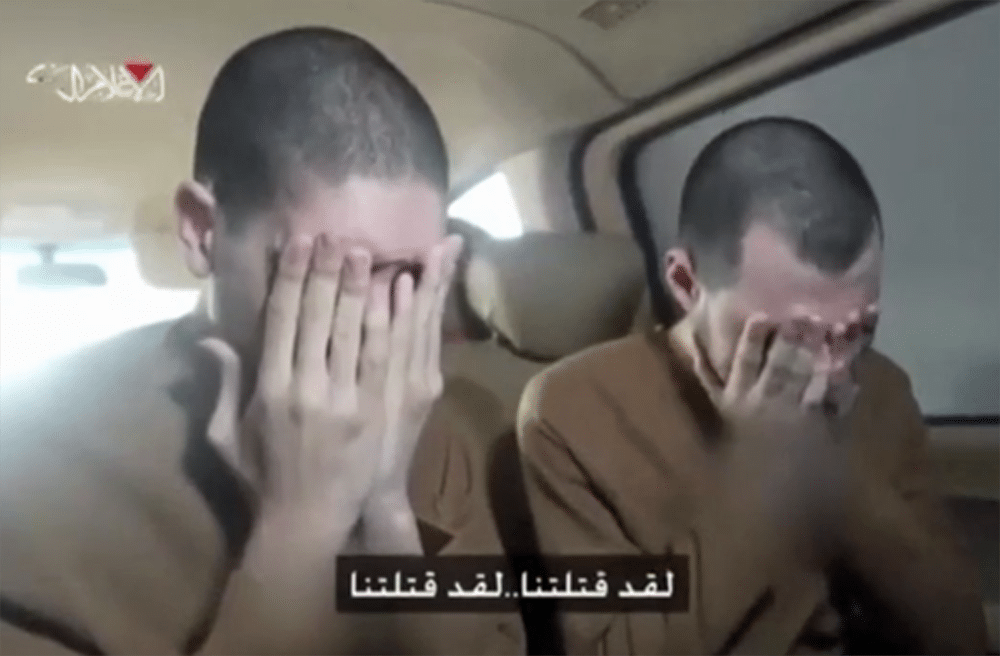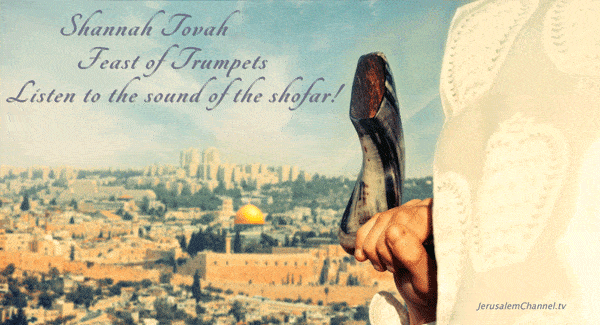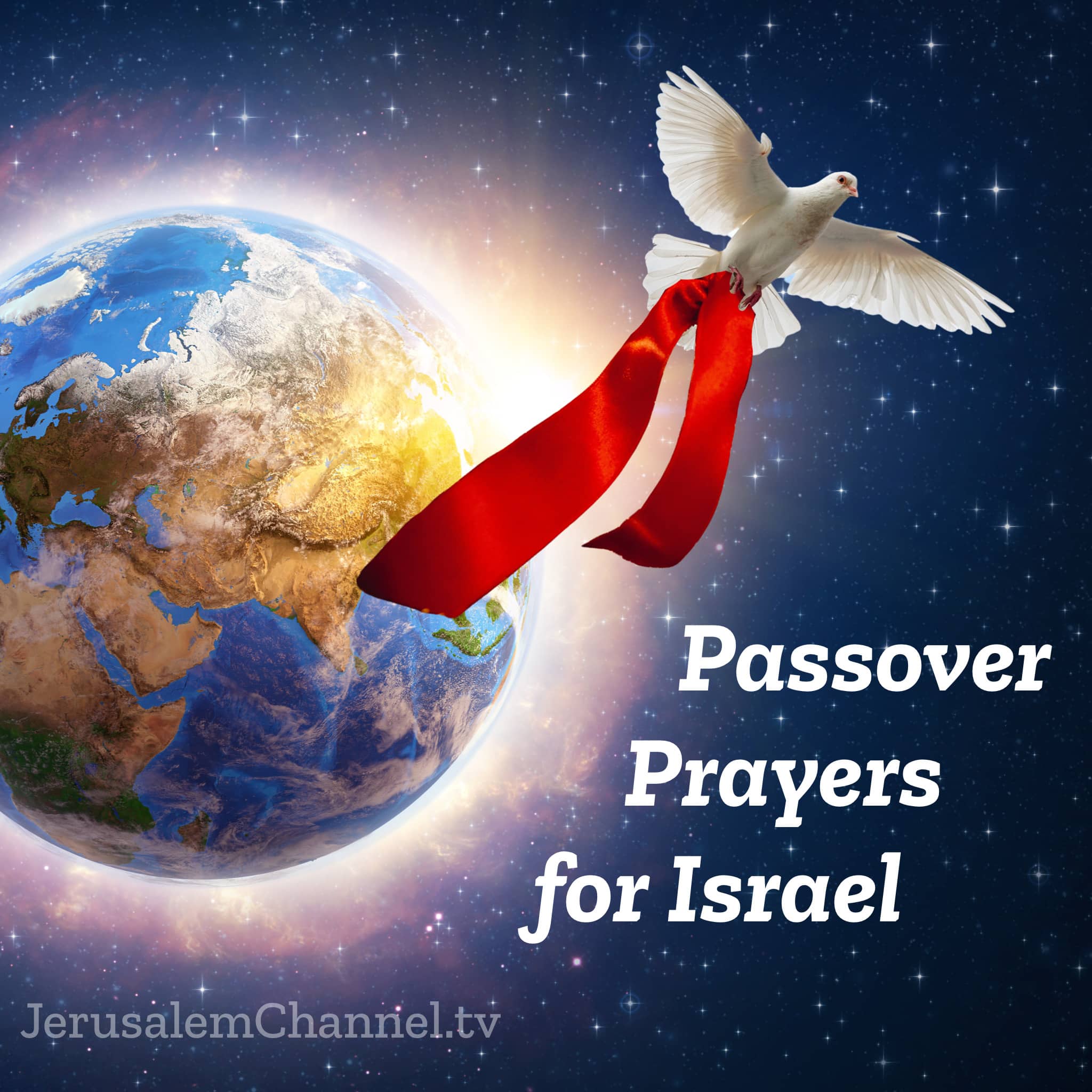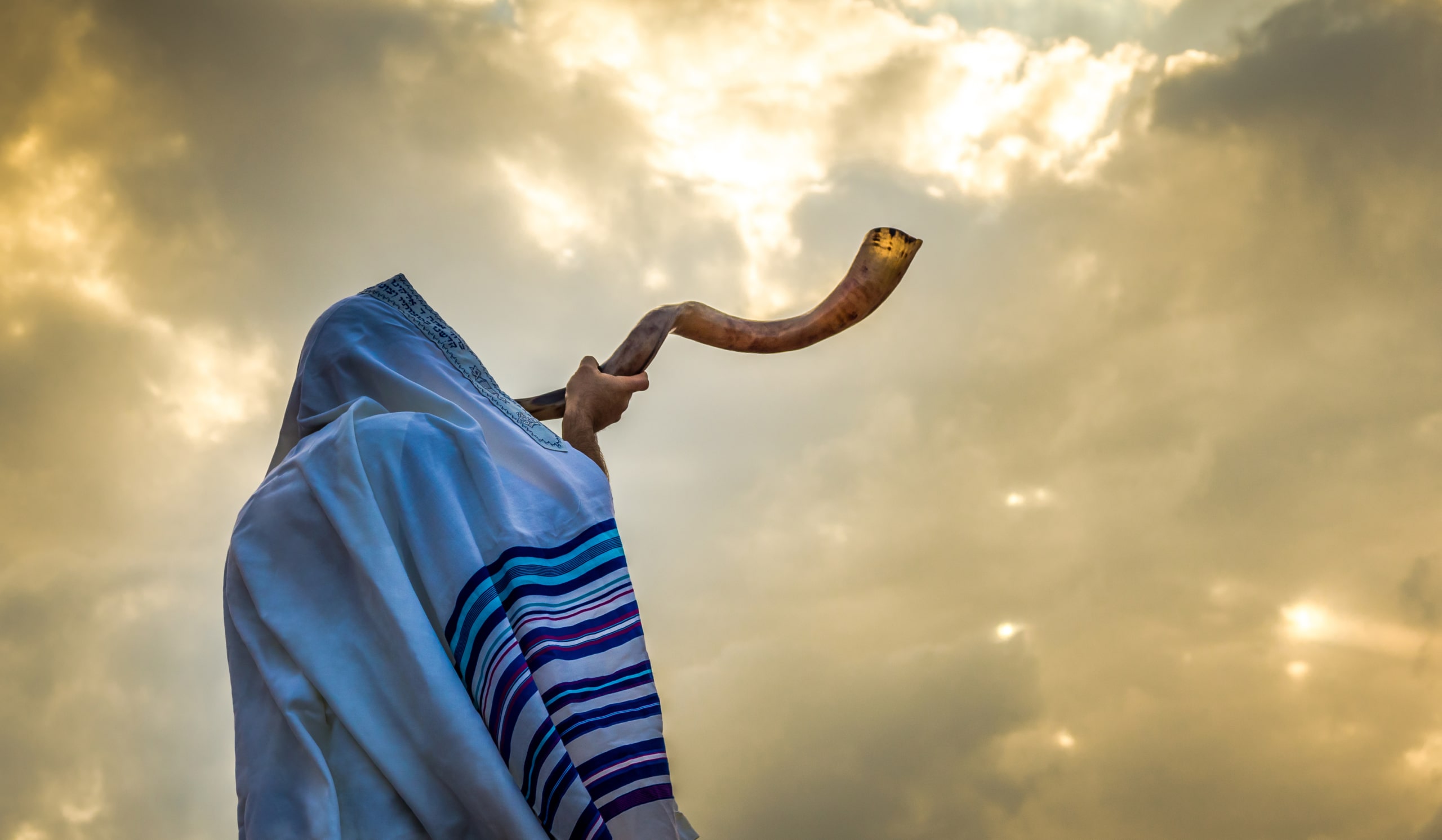By John David Pitcher Jr., MD
As far as I can tell, a previously uncovered nugget of gold is within one of Paul’s quotes from Isaiah. You may recall that Peter recorded that some of Paul’s teachings were hard to understand (2 Peter 3:16). This one has to do with two well-known mountains, but I’ll have to include some terminology, so stay with me!
In Galatians 4:27, Paul quotes the prophet from Isaiah 54:1:
“For it is written, ‘Rejoice, you barren who don’t bear. Break out and shout, you who don’t travail. For the desolate have more children than her who has a husband.’”
Jewish commentators on Isaiah 54:1 and Christian commentators on Galatians 4:27 have had various explanations as to who this “barren” and “desolate” one actually is.
In Galatians 4:22-5:1 there are a series of opposites but there is suppression of one of the opposites by Paul, qualifying the section as a truncated syllogism, or enthymeme.
What is an enthymeme?
A simple enthymeme would be the series of opposite words “up, down, right, left, north, south, east, sunset.” The obvious truncation has been the word “west”. Because you thought of it, it is the most persuasive form of reasoning. (But you have to know that the sunset is associated with the word “west” to come to that conclusion.) It is also known as a truncated syllogism. (It is one of the three components of rhetoric, introduced by Aristotle. It has been well recognized that Paul was well-versed in the use of rhetoric in his letters.)
Paul uses an Old Testament quotation from the LXX (the Septuagint, the Greek translation of the Hebrew by 70 Rabbis), Isaiah 54:1 to release the truncation of the enthymeme. The following are the opposites with the truncation of the enthymeme in parentheses as (O barren, you who do not bear!) or (The desolate has many more children) or (many more children).
It is not immediately evident that it is even the truncation of an enthymeme until the context of the quote from Isaiah 54:1 is taken into account (Hint: it is juxtaposed to Isaiah 52:13-53:12.):
• Two sons of Abraham that are symbolic:
• One son by a bondwoman Hagar; the other by a freewoman Sarah
• The bondwoman’s son was born through the flesh; the freewoman’s son was born through promise
• These are the two covenants: from the bondwoman and from the freewoman
• One from Mount Sinai; the other from (O barren, you who do not bear!)
• Mount Sinai gives birth to bondage, which is Hagar; (O barren, you who do not bear!) gives birth to freedom
• Hagar is Mount Sinai in Arabia and corresponds to Jerusalem which is in bondage with her children; (O barren, you who do not bear!) corresponds to the Jerusalem above which is free
Then the enthymeme takes a turn and flips the corresponding opposites:
• (The desolate has many more children) corresponding to the Jerusalem above which is free; than Jerusalem which is in bondage with her children
• These (many more children) are as Isaac was, children of promise; as opposed to the one born according to the flesh
Finally the enthymeme takes another turn and again flips the corresponding opposites:
• The one born according to the flesh persecuted him who was born according to the Spirit
• Cast out the bondwoman and her son, who are not heirs; the heir is the son of the freewoman (a quotation from Genesis 21:10)
• The bondwoman and her children have rejected the Messiah; the children of the freewoman have the Messiah within them (Galatians 4:19, the major premise)
• The Messiah has made His believers free; those who have not believed in Him remain entangled again with a yoke of bondage
By quoting Isaiah 54:1, Paul identifies where the events of Isaiah 52:13-53:12 took place. The “Barren One” of Isaiah 54:1 and Galatians 4:27 can be conclusively identified as Mount Golgotha, in Jerusalem!
As far as I can tell from numerous commentaries on the books of Isaiah and Galatians, no one has identified this before in Scripture.
So let’s put it all together.
Many more are the children of right-standing before God from the event that took place on Golgotha, namely the sacrifice of the Messiah for the purification from sin for those that believe in him than the children of right-standing before God from the Law that was given from Mount Sinai for the purification from sin for those that keep the Law.
That reminds me of that Mount in Jerusalem that remains barren today with a Muslim cemetery on top of it, seen below from the wall of Jerusalem with a zoomed in sketch of that Place of the Skull, Golgotha.
Perhaps today is the day that you realize that you would like to be a child of the event that took place on that barren mount described in Isaiah 52:13-54:1. Messiah was hung to the Cross there for the sins of whoever would believe in him!
PS. You may be wondering how this finding was discovered! Galatians 4:17b-27 is a Midrash of Exodus 23:26-27:21 with 16 words in common to both passages (including Mount Sinai, barren and desolate) used multiple times (22 times in the Galatians passage and 96 times in the Exodus passage). But that finding that includes the Tabernacle and the Shekinah and extra-biblical Jewish writings will have to wait for another post!







Leave A Comment